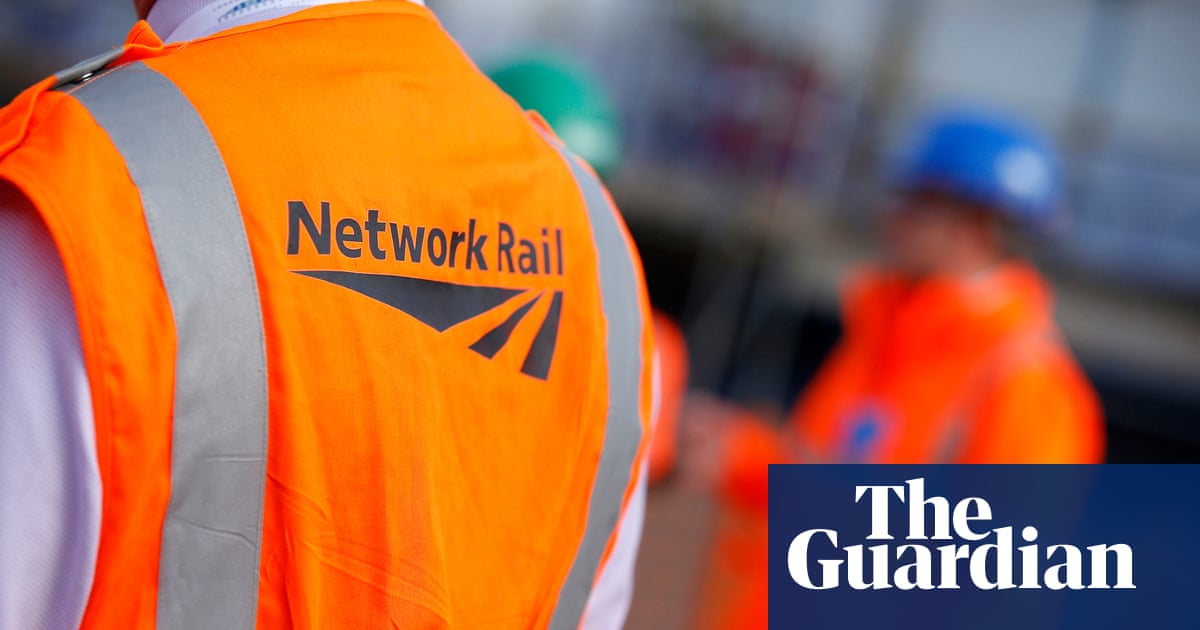
Rail union leaders have said they are “looking for support” from Labour MPs on the picket line as they announced a nationwide 24-hour strike next month timed to coincide with the party’s autumn conference.
Thousands of members of the Transport Salaried Staffs’ Association (TSSA) who work for Network Rail and nine train companies will strike from midday on Monday 26 September until noon the following day, which could bring further disruption to Britain’s railways in a continued dispute over pay, jobs and conditions.
The leader of the TSSA union, Manuel Cortes, said he would be standing on the picket line in Liverpool, where Labour will hold its September conference, and he urged those attending the event to join him.
Cortes said he would be “encouraging fellow delegates and Labour MPs to do likewise, so they can rightly show they stand shoulder to shoulder with those fighting the Tories’ cost of living crisis”.
Labour’s conference begins on Sunday 25 September, and attenders travelling the following day to Liverpool from cities including Glasgow, Edinburgh, Manchester, Birmingham and London, could be affected by strike action on the Avanti West Coast and TransPennine Express lines, which serve Liverpool.
Most of the TSSA train staff are in roles that would not stop services. Network Rail sources said they were confident that significant disruption would not occur unless other unions joined the strike. However, the larger RMT union is likely to call further rail strike dates in the coming weeks and could coordinate action.
The TSSA union said it remained in talks with Network Rail about a possible settlement. Cortes said he had written to the transport secretary, Grant Shapps, and bosses at train companies, demanding he give them free rein to negotiate.
“The reason for the current impasse lies squarely at Shapps’ door and passengers are paying a high price for his incompetence and intransigence,” Cortes said.
The government and the Department for Transport (DfT) have previously denied seeking a political fight with rail unions and said ministers are not able to intervene in the talks between rail companies and unions.
A spokesperson for the DfT said: “For the eighth time this summer, union leaders are choosing self-defeating strike action over constructive talks, not only disrupting the lives of millions who rely on these services but jeopardising the future of the railways and their own members’ livelihoods.
“These reforms deliver the modernisations our rail network urgently needs, are essential to the future of rail, and will happen. Strikes will not change this.”
Cortes said the gap between the union and Network Rail was narrowing but it was not yet clear whether a deal could be done before the strike.
A Network Rail spokesperson said: “We agreed a deal on pay and modernisation with some TSSA members a few weeks ago, and as the union has said, we’re making good progress in talks with the rest of their membership.
“We’ll continue to meet with the TSSA over the coming days and weeks, and encourage them to continue working with us to find a breakthrough and avert strike action on 26 September.”
About 2,500 TSSA members, including controllers, went on strike on 18 and 20 August, the same days as RMT members, leading to a substantial reduction in rail services.
Union members at the train operating companies Avanti West Coast, c2c, CrossCountry, East Midlands Railway, Great Western Railway, LNER and Southeastern, as well as TransPennine Express and West Midlands Trains are expected to take part in the September strike.
The RMT has meanwhile signalled further tube strikes are likely in London, after a funding deal with the government announced on Tuesday left Transport for London pensions facing a possible overhaul. The RMT general secretary, Mick Lynch, said it was “shameful and will be resisted through further strike action”.
Labour attacked the government’s “staggering complacency” over the crisis in the railways, with Britain’s main intercity rail service, Avanti West Coast, continuing to run a reduced service between strikes. About a third of the schedule has been cancelled and advance tickets are still not on sale for September, owing to a lack of drivers volunteering to work on rest days, which the firm has branded “unofficial strike action”.
The firm was running an estimated 211,000 fewer seats a week, leaving passengers facing crowded services, Labour said. The shadow transport secretary, Louise Haigh, said: “This fiasco is causing real damage to the regional economy and passengers. The secretary of state has shown staggering complacency, refusing to lift a finger to tackle the chaos.”
She said ministers should “strip this failing operator of the contract, claw back taxpayers’ money being handed over for services that aren’t running, and put in place an urgent plan to restore these services”.












